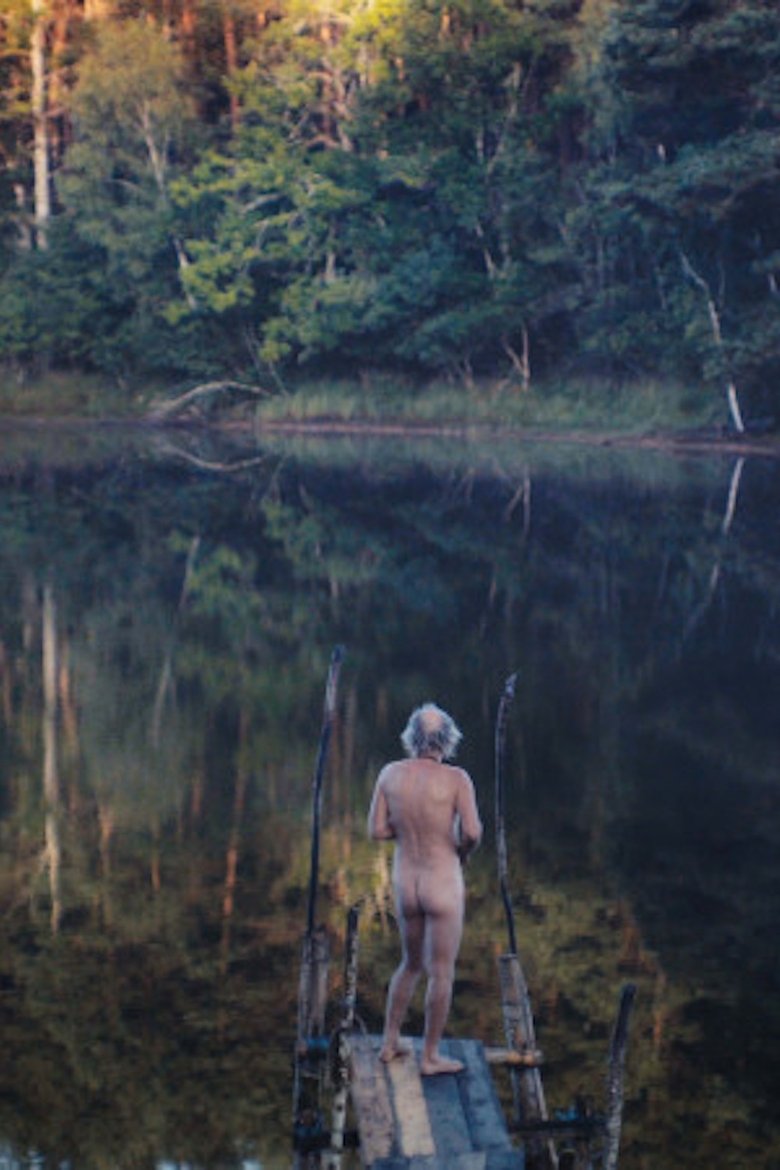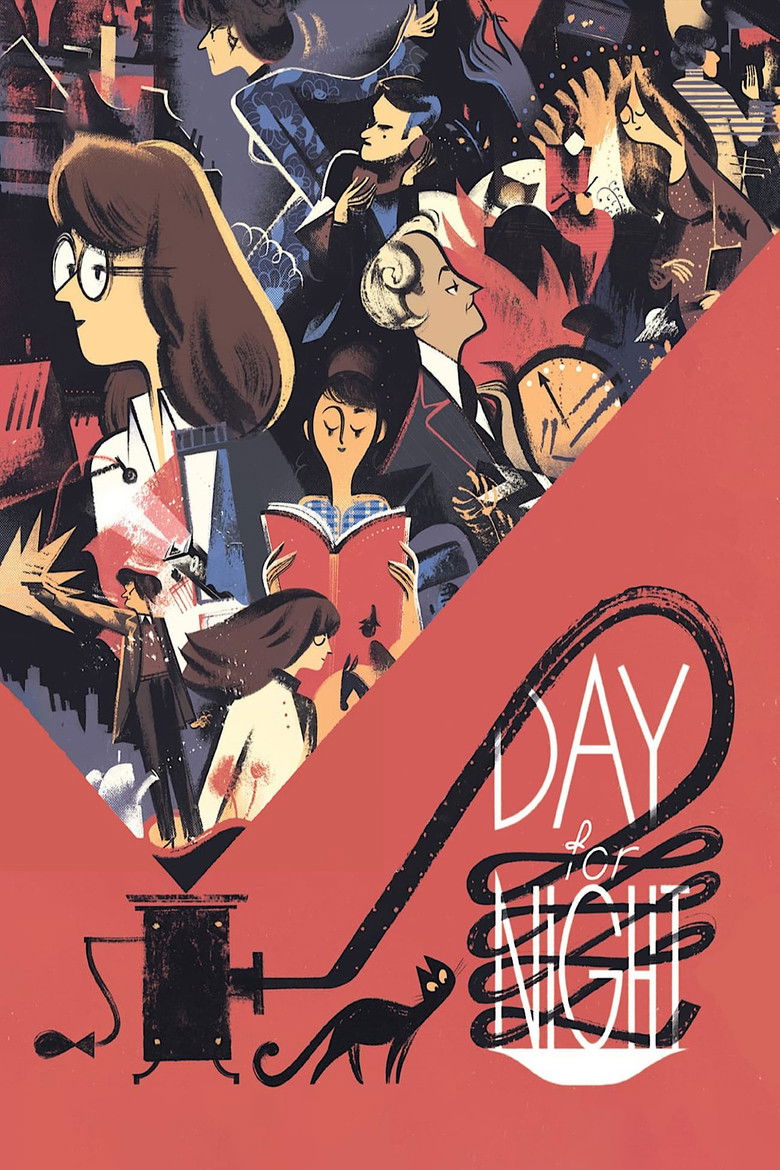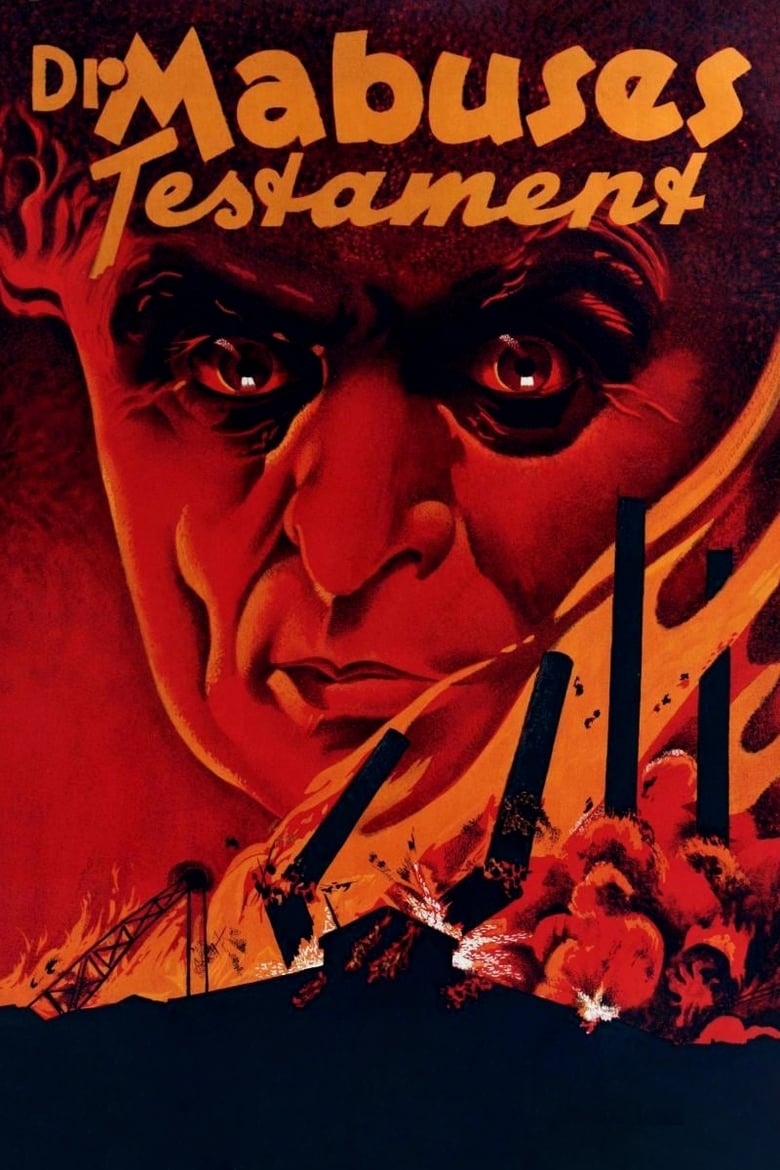
Synopsis
Outside time and reality, the experiences of a poet. The judgement of the young poet by Heurtebise and the Princess, the Gypsies, the palace of Pallas Athena, the spear of the Goddess which pierces the poet's heart, the temptation of the Sphinx, the flight of Oedipus and the final Assumption. This film is the third part of Cocteau's Orphic Trilogy, which consists of The Blood of a Poet (1930), Orpheus (1950) and Testament of Orpheus (1960).
Your Movie Library
Cast
- Jean CocteauThe Poet
- Edouard DermitheCégeste
- Henri CrémieuxThe Professor
- François PérierHeurtebise
- Claudine AugerMinerve
- Françoise ArnoulSelf (uncredited)
- Lucía BosèOrphée's Friend
- Charles AznavourThe Curious Man
- Brigitte BardotSelf (uncredited)
- Jean MaraisOedipe
- 80
The New Yorker
With one foot in the French New Wave and the other in the Ballets Russes, Cocteau fits a raging confession into a serene, sensuous neoclassical vessel. - 80
TV Guide Magazine
A pure, personal poem from one of the greats, THE TESTAMENT OF ORPHEUS allows Cocteau to live on forever. - 80
Chicago Reader
An exquisite mixture of dream and nightmare images, an attempt, fully realized, to live and communicate a world that is, in Cocteau’s words, “truly mine and . . . beyond time.” - 80
Empire
Some may find this sprawling film hard to adjust to, but for those who can, it is a real find. With an imaginative plot and an amusing direction, this charming film is a fitting way to end Cocteau's career. - 75
The A.V. Club
A self-crafted elegy starring Cocteau as himself, an artist at the end of his life wandering through a symbolic landscape filled with his own creations (and guest stars Yul Brynner and Pablo Picasso). In the end, Cocteau takes comfort in the immortality of art, and therefore his own immortality, a sentiment that would seem far less moving and far more egotistical if it weren't true. - 70
Variety
[Cocteau] still has a flair for provoking strange moods in ordinary landscapes, as well as utilizing simple trick effects effectively and judiciously. He ribs himself at times but is quite clear in his summation that a poet is rarely recognized in his time. - 60
Time Out
Cocteau's last film is as personal and private as its title suggests, and it makes little sense for viewers unfamiliar with his other work.





